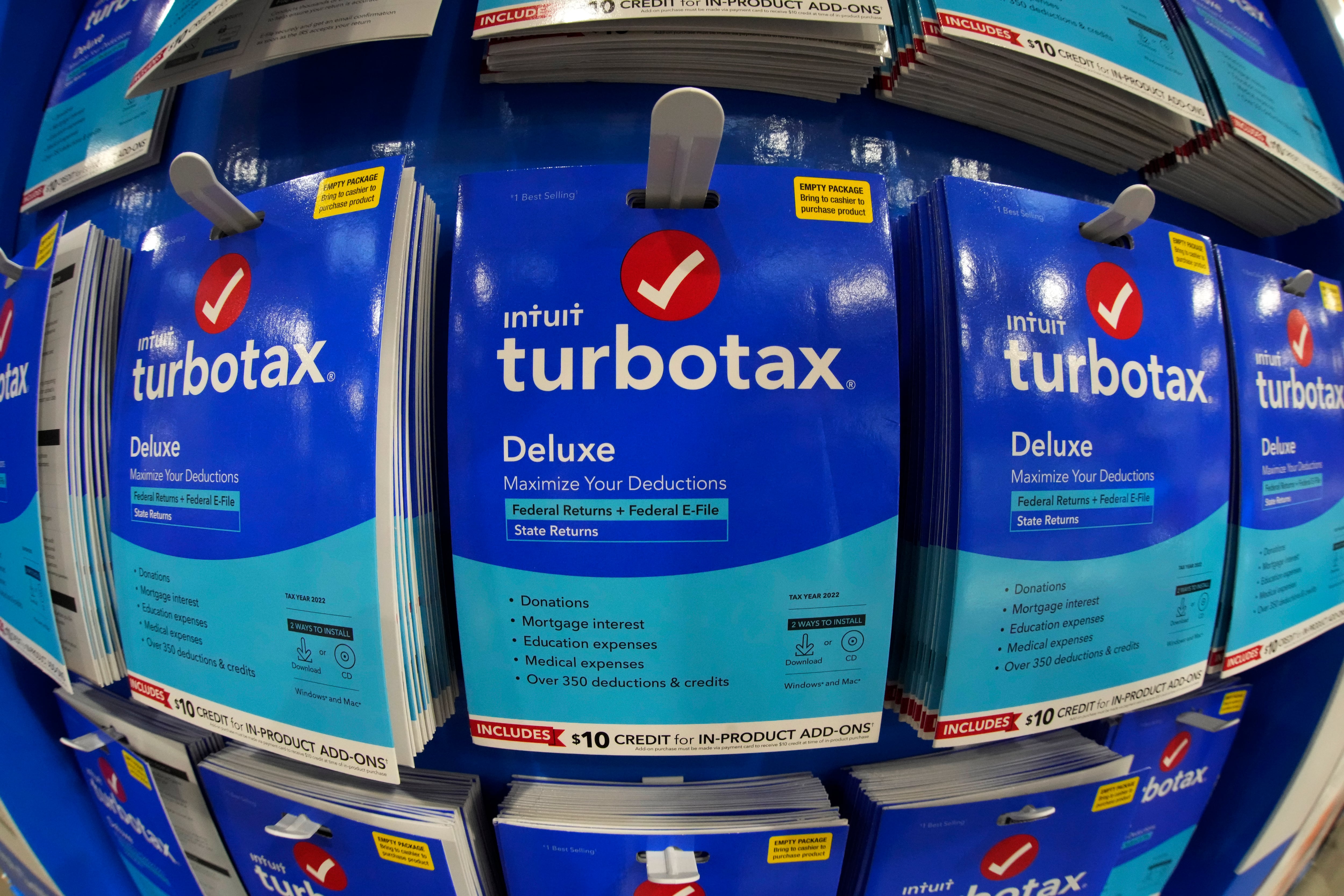WASHINGTON (AP) — Tax preparation and financial software company Intuit announced an AI-focused reorganization plan Wednesday that includes laying off about 10% of its workforce.
The company behind QuickBooks and TurboTax said it was laying off 1,800 employees, but that it expects to hire at least that many in fiscal 2025 as it accelerates its focus on incorporating artificial intelligence into its products and services.
In an email to employees, CEO Sasan Goodarzi said more than 1,000 of the layoffs were employees that were not meeting the company's elevated expectations.
Another 300 positions are being eliminated "to streamline work and reallocate resources toward key growth areas," the email said.
Mountain View, California-based Intuit will also close offices in Boise, Idaho and Edmonton in Alberta, Canada where more than 250 employees work. Some of those workers will transfer to new locations, the company said.
“The era of AI is one of the most significant technology shifts of our lifetime,” Goodarzi said in the opening of his email to staff. ”Companies that aren’t prepared to take advantage of this AI revolution will fall behind and, over time, will no longer exist.”
As for severance, Intuit said that all its laid off U.S. employees will get a minimum of 16 weeks of pay, plus two additional weeks for every year of service and “at least” six months of health insurance coverage. U.S. employees received 60 days notice of their termination, with a last day of Sept. 9.
In a regulatory filing, Intuit estimated the reorganization plan will incur between $250 million and $260 million in charges, mostly coming in its fiscal fourth quarter ending July 31.
Intuit shares fell 3.6% in morning trading to $626.29 per share.













